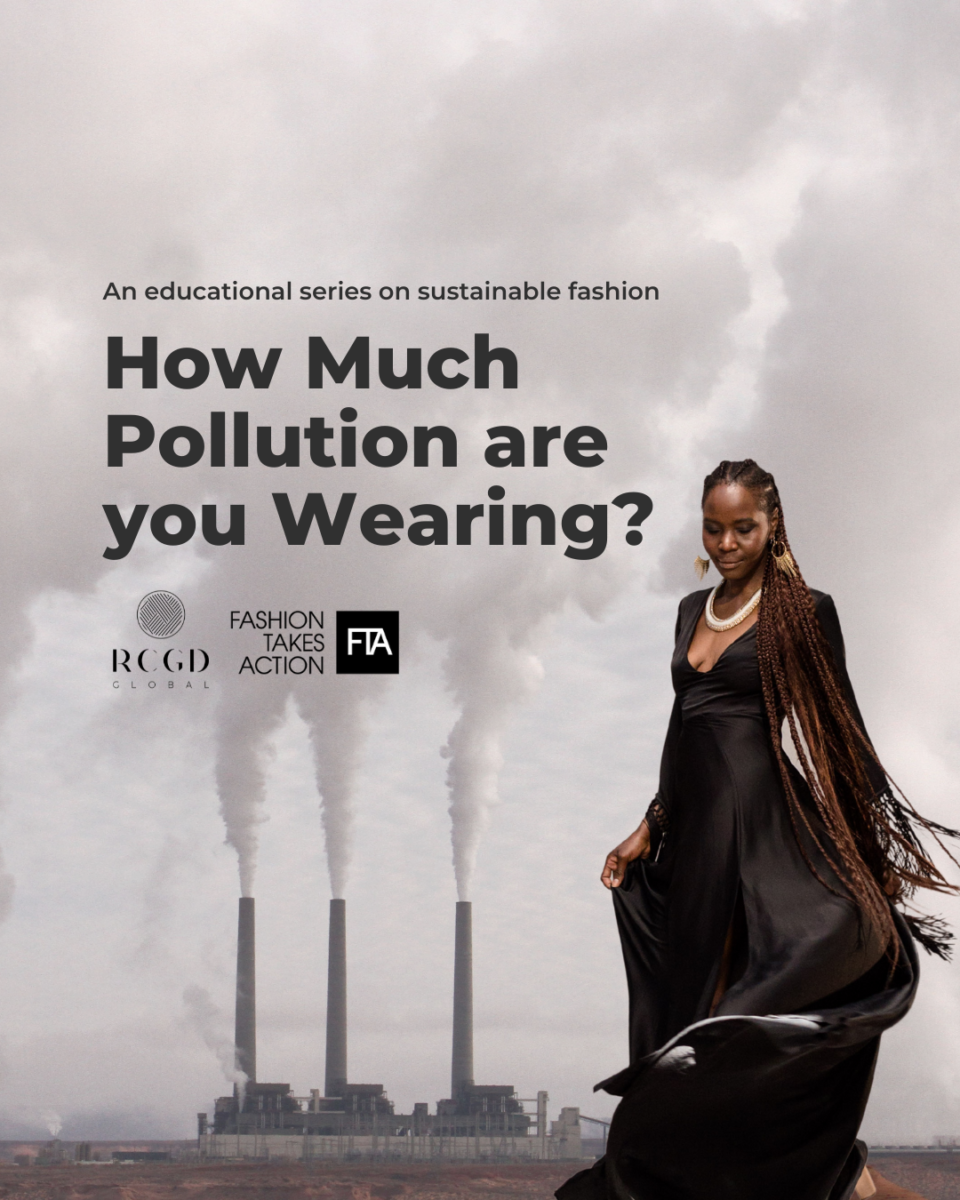Fast fashion behemoth Shein raked in more than $30 BILLION in 2023. As Shein clothing aims to make its debut on the London Stock Exchange in 2024, nonprofits and human rights groups are urging governments to push back against fast fashion.
| All products featured on The Wellness Feed are independently selected by our editors for their environmental and ethical impact. However, when you buy something through our retail links, we may earn an affiliate commission. |
Will governments step in to put a halt to the meteoric rise of fast fashion brands? In April of this year, France passed a law to push back against fast fashion waste. Now, human rights groups are watching to see if the London Stock Exchange will also push back against fast fashion. With a valuation of more than $60 billion, Shein is eyeing a spot to launch an IPO. As Shein aims to join the FTSE, human rights groups across Europe and the U.K are urging governments to give the fast fashion giant the cold shoulder due to their controversial labor practices. Public Eye, Labor Behind the Label and UNI Global Union are three groups citing recent investigations into the retailer’s accusations of human rights and labor violations and lawsuits related to allegedly copying garments.
In May of this year, the Switzerland-based nonprofit Public Eye, published an investigation into Shein’s labor practices finding that garment workers typically worked more than 70-hour weeks and instances of forced labor in the Uyghur region of China. In response to these and other claims, Mathias Bolton, head of commerce at UNI Global Union, stated to the Guardian: “Shein shouldn’t be rewarded with the credibility of being listed in the City, or anywhere else, given the lack of transparency in their supply chain and shocking reports of severe labour violations.”
Pushback also comes from The British Fashion Council (BFC), which includes LVMH, Burberry, and Jimmy Choo as its members and patrons. Caroline Rush, CEO of the BFC voiced her concern in a statement, “At a time when global fashion leaders are rightly focused on making our sector more socially, environmentally, and economically sustainable, the Government’s courting of Shein to list on the London Stock Exchange, and Shein’s decision to do so, is of significant concern to UK fashion designers and retailers. The BFC wants the Government to do more to support an ethical fashion economy and pledge to strengthen clothing market regulation.”
Other concerns about Shein’s addition to the London Stock Exchange come from senior politicians including Alicia Kearns, the Conservative chair of Parliament’s Foreign Affairs Committee. She is one of the politicians to have said Shein should not be permitted to list in London due to similar concerns about the retailer’s labor conditions in its supply chains. Earlier in the year, Raphaël Glucksmann, lead a social media campaign to raise awareness on the connection between Uyghur forced labour and has campaigned against fast fashion giants including Shein.
As Shein continues to gain a stronghold with shoppers and increases sales, it will be up to governments to step in and create stronger legislation around textile waste, labor rights, and the fashion industry’s environmental impact. Whether or not the UK will push back on Shein’s addition to the stock exchange will be a tattletale sign signifying just how far governments will go to push back against the future of fast fashion.






